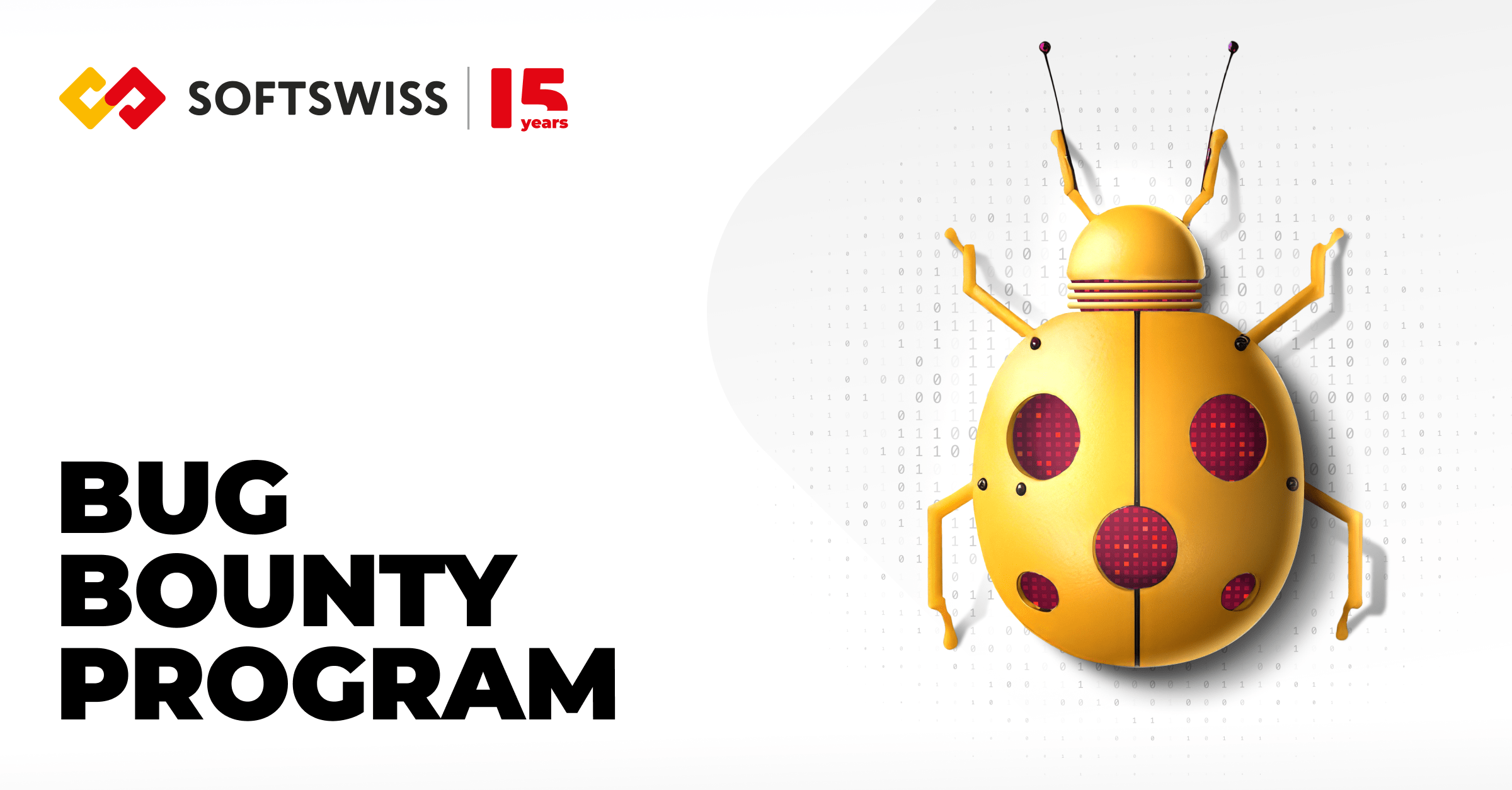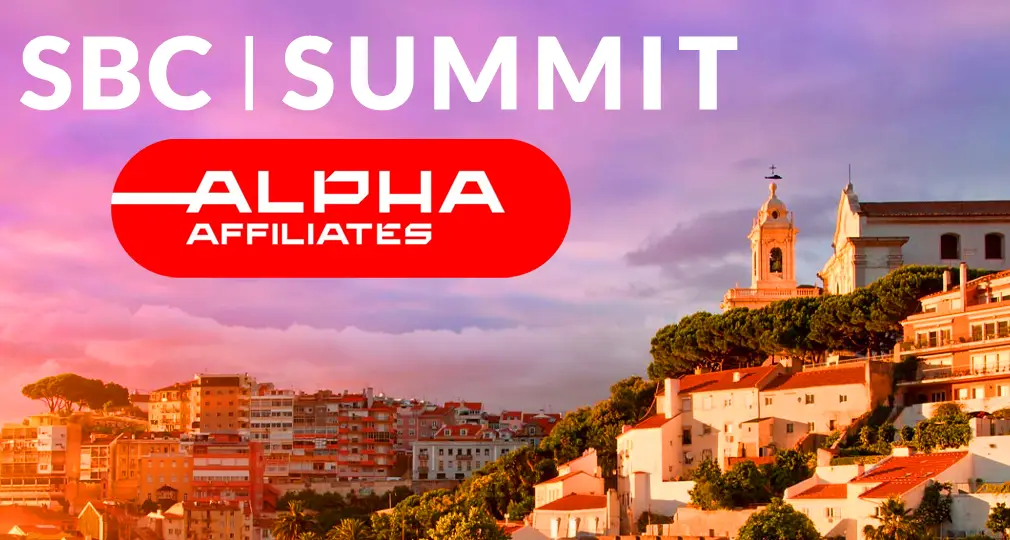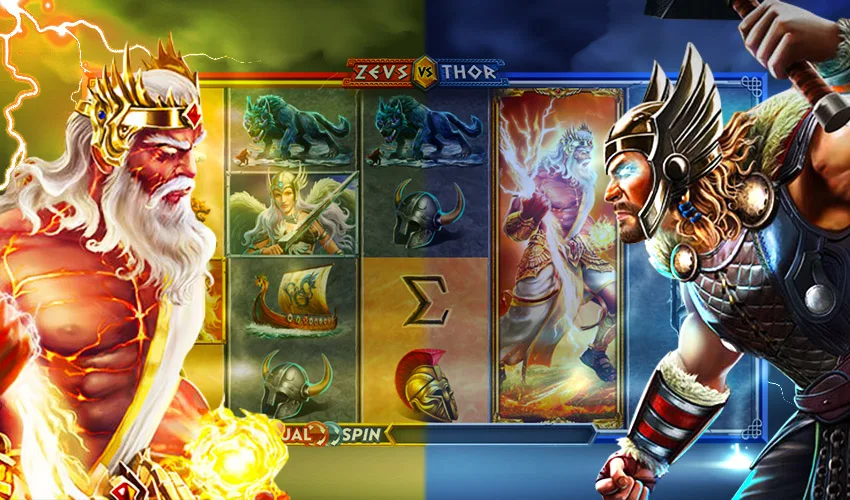Any business can’t survive without marketing, and gambling isn’t an exception. In this interview, you will read about the major gimmicks, which you won’t find in gambling news and articles.
Mike Litson, a marketing professional, has told Login Casino readers about affiliates-based promotion, the hottest trends, and the most effective channels.
Mike, how does marketing in the gambling industry differ from marketing in other verticals?
Gambling has always been hyper-competitive, whether we are looking at PPC or affiliates, much of the digital landscape is very different. It’s the only industry where there are so many individual affiliate platforms owned by the operators. The expenditure and the risk of something going wrong and burning a huge amount of money very quickly is always present. The regulations around white-listed territories can be confusing for the uninitiated, but if we look at the English market, there are certain financial products that can be more convoluted, and having dealt with problems with the Gambling Commission and the FSA, I would take the commission any day.
Outside of the UK, however, where things are less clear-cut this can certainly be frustrating. Especially, with new products. When Bitcoin casinos were new, I remember the inability to get anything other than a Curacao license causing problems with a huge amount of digital advertising because, of course, it isn’t white-listed, being just one example. There are a thousand other ways as well.
What are the hottest trends in gambling affiliate marketing in 2021?
I think the affiliate market isn’t quite what it used to be. Gone are the days where every vertical can be dominated by a half-decent SEO site. Sure, there are areas where you can still make your way in as a newbie, but for the most part, it isn’t going to happen.
Many affiliates shifted to small white label operations over the last decade, but with ever-increasing regulation, this is being squeezed as well. There are still opportunities for affiliates in less established markets. We are seeing some interesting things in LATAM and Africa, but the landscape is becoming less and less friendly to affiliates by the day. At least, for the smaller ones that used to be able to make a good amount of money only a few years ago. That’s not to say it’s impossible, but if you aren’t already established, it’s a lot more difficult.
What channels do you consider the most effective for this type of advertising?
Which of them makes the most returns? It’s very much a case of “horses for courses”. Ultimately, if you have an established SEO site, you’re always going to be on to a winner as long as you maintain it, but if you don’t currently, having that social can be great for sports betting. And you’re never going to beat a well-maintained email list for the cost to reward. PPC has the advantage of having an on/off switch. Although GDPR does make the latter more complicated.
For an operator, affiliates are low risk, but you have no control. You should never rely on one channel and each should have a different position in your business plan. An interesting one I saw a couple of years ago was, the now-closed, Football Index, which actually had a great performance on Groupon. Which was surprising, you would need some sort of fantasy stock product or similar to make it work, but it may be possible to port something.
To continue the previous question, what can you say about TikTok as a platform for gambling advertising? Does it work well in European countries?
It’s something I’ve seen some experimentation, and I’m going to say straight sportsbooks and betting affiliates can leverage this quite easily. It doesn’t take much here. And the age demographic of TikTok isn’t as young as people think it is. I can’t comment with 100% certainty, but considering success in other verticals, the ease of gaming its algorithm, we’re expecting positive results. As to how well it directly converts that remains to be seen.
Let’s talk about UAC as a marketing tool. What surprises does it have for the gambling business, and how to deal with them?
Unfortunately, this isn’t my area of expertise, and I’ve only been across its use relatively minorly. The obvious advantage is that getting users onto an app makes them far more likely to return. And with apps generally priming users for microtransactions, to accept push requests, etc., those installs are invaluable to an overall business plan.
What is your opinion on engaging influencers in online marketing in the iGaming sector? Is this approach still efficient?
Influencer marketing is always going to be good if you can get the right people on board. And there is the problem. In my experience, a lot are resistant even with things like sports betting. Financial and forex is a no-brainer. But getting towards the harder side of iGaming gets a bit tricky. There’s always the concern of younger audience members, and neither the influencer nor the operator really wants to deal with that.
Please tell us more about content marketing in the iGaming vertical. What are its advantages and disadvantages?
Content marketing doesn’t have a 100% strike rate, not even close. And a lot of people in iGaming want guaranteed results. It’s ironically a very risk-averse industry.
The advantages of getting it right mean you can actually create clean SEO, huge brand exposure and a return on investment that you’re unlikely to get back from any other method. The reality is, however, that the majority of campaigns don’t do this. Brands either want things watered down, and this hurts the exposure snowball, or don’t provide big enough resources to create the piece due to risk aversion. Then we have the fact that different sectors are more suitable for content marketing. It’s easy in sports, harder with slots.
The hard thing with content marketing in iGaming is always going to be the reluctance of third parties. A lot of people hear the word “gambling” and say “no, I don’t want to promote that” or “you better bring your cheque book”. If you’re happy to push past this resistance and do what it takes to make the great content, not mediocre content, which you could possibly get away with in another vertical to positive results, then you’re likely to be on to a winner.
People also need to remember to budget appropriately for getting the content out there, this is where a lot of it falls down. I’ve seen a lot of clients telling me halfway through working together “we did this piece of content, but it didn’t work”, and it has always failed due to it not being: a good enough idea to begin with; properly promoted; kept close enough to the original idea and watered down.
Read more: Top CPA networks















